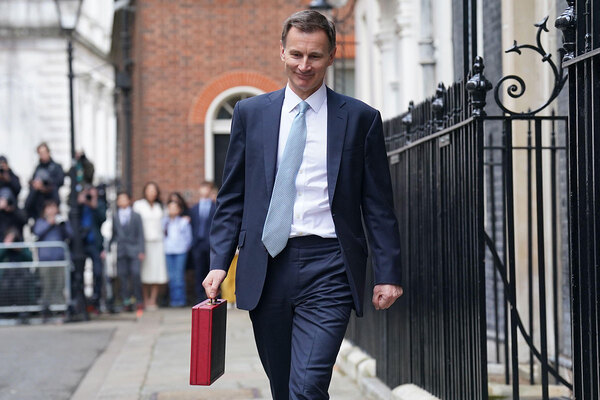You are viewing 1 of your 1 free articles

Brendan is the founding Chair of Sustainability for Housing. He has more than 20 years’ experience as a CEO in the social housing sector,...more
The sector needs a ‘practical’ Brexit
The government has to make sure that Brexit won’t disrupt the sector’s plans to boost housing supply, says Brendan Sarsfield

Brendan is the founding Chair of Sustainability for Housing. He has more than 20 years’ experience as a CEO in the social housing sector,...more
Britain desperately needs more homes and nowhere is this more apparent than in London, where we need at least 49,000 homes a year to keep up with future demand. Other cities face similar pressures too, such as Greater Manchester, where the number of families is expected to outstrip the number of available homes by 2026.
Housing associations have been playing a major role in meeting the growing demand for new homes. During 2015/16, Peabody and Family Mosaic built 1,679 new homes and our recent merger will allow us to build 2,500 new homes a year.
But we can’t do it alone. At the national level, we need to deliver around 250,000 homes a year to keep up with population growth and address the backlog of undersupply. The government has recognised this and the recent Housing White Paper was a welcome step in the right direction, although it barely mentioned what is perhaps the single biggest domestic political event in a generation – Brexit.
We have already started to see some of the effects of Brexit on the construction industry. The fall in the value of the pound since the referendum result has translated into an increase in the price of materials and the pricing of risk in design and build contracts. Such price increases are likely to increase even further if tariffs are applied to EU imports, thus fuelling inflation.
Our construction industry is also extremely reliant on EU labour. Currently 8% of the UK construction workforce comes from the EU, rising to as high as 27% in London. The industry risks losing 800,000 workers over the next decade as older members of the workforce retire and new entrants from EU countries are denied entry should the UK opt to leave the single market.
"We have already started to see some of the effects of Brexit on the construction industry."
This loss of valuable labour could have a devastating impact on our ability to increase housebuilding output to the 250,000 homes a year this country needs.
Of course, there are some practical solutions to these issues – many of which we should be considering irrespective of Brexit. Many of these issues were explored in Mark Farmer’s thought-provoking review which looked at the profound challenges facing the UK construction industry.
The construction industry struggles to attract new entrants and has a distinct lack of diversity – just 4% of the workforce is of black and minority ethnic origin and women are largely restricted to back office roles. It is clear to me that the industry needs to do more to attract a diverse pool of talent which represents the society we live in.
Construction also suffers from poor productivity in comparison with other industries, with the latest GDP figures showing a 0.9% decline in output. I have heard much discussion of innovation in building, such as via modern methods of construction (MMC) and prefabrication, but this is not yet happening at the scale required to deliver the number of homes we need. We should also look at our own supply chains and see where we can find efficiencies and apply lean principles.
"The industry risks losing 800,000 workers over the next decade as older members of the workforce retire."
Crucially, however, these things will take time. We are not alone in this. Other industries, such as care and hospitality, face similar challenges. If the government decides to pursue a ‘hard’ Brexit without a transitional period, we will face an uphill struggle to deliver on our ambitions.
I would argue that talk of hard and soft polarises and politicises the debate, and what we need is a practical Brexit, where we can control our borders but decide to let people in. As such, we need a firm guarantee from our political leaders that the decision to leave the EU will not leave us unable to solve the country’s housing crisis.
Brendan Sarsfield, chief executive, Peabody










